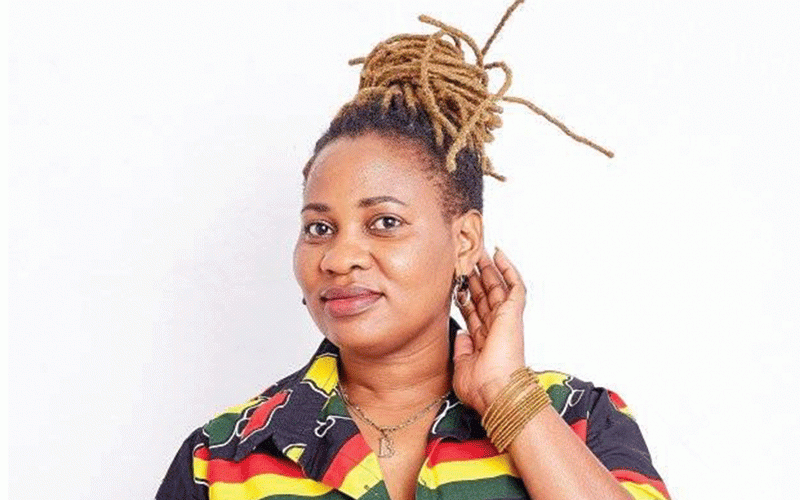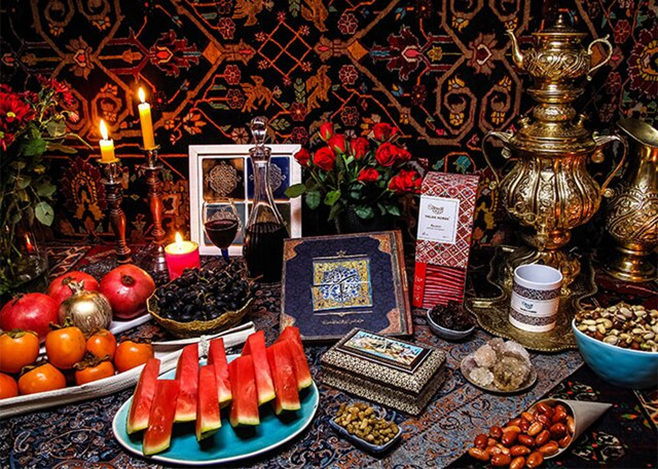
THE notion of gender inclusion has been in African communities for decades but there has not been much adoption due to a number of contentious issues.
One of the reasons for slow traction is that development organisations pushing for gender inclusion have not invested enough time and research into understanding ecosystems in which gender inclusion is supposed to prevail. It is through creative information gathering techniques that gender can be properly contextualised.
Limitations of conventional beneficiary selection approaches
One of the settings in which gender issues should be carefully contextualised is around beneficiary selection for economic activities such as trading agricultural commodities in African food markets. With very good intentions, some non-governmental organisations have tried to refurbish market infrastructure for the exclusive benefit of women traders.
However, where existing market structures have been silent about gender, introducing new gender-biased beneficiary selection criteria often backfires because it disrupts an ecosystem that may have been functioning well before the introduction of gender issues.
Instead of sticking to gender-biased beneficiary selection criteria, development agents may consider bringing on board a business criteria which collects information such as age of the traders (which also takes care of youth interests); number of years in the trading business; business performance (turnover); the potential for a business or value chain to grow (because growth anchors employment creation); and, extent to which the business/commodity/value chain has potential to support other women in the value chain.
A male trader may be selling specific agricultural commodities to support women farmers who may be facing challenges transporting smaller quantities to the market. In that case, it makes sense to support a man who supports women.
Headaches around accessing gender information in closely knit communities
- Feature: Imagination comes to reality. . . as Chegutu school migrates from tree shades to modern classrooms
- Enriching climate change discourses with indigenous knowledge perspectives
- How far can imperfect knowledge go in generating solutions?
- Bringing back dignity to African farming systems through mass markets
Keep Reading
Another revealing dynamic in African communities is related to challenges of getting authentic information in closely knit communities where people cannot just give responses which are not authenticated by the community hierarchies.
Going into a farming community with limited criteria makes the intervention narrow in meeting existing objectives and ecosystems. For instance, under what circumstances do you ask gender questions in a market ecosystem where men, women, youths and many other groups of people have learnt to co-exist progressively over years? In such cases, more than 90% of the gender responses from women may be biased because it depends on who is there when the questions are asked.
In farming households, if questions are related to decision-making on various issues like what to plant, use of resources, expenditure, ownership of assets and other issues, answers from the wife will be biased when questions are asked in the husband’s presence.
In addition, some of the answers will lack consistency because they are influenced by circumstances where the husband’s preferences can override the wife’s preferences.
Even if the researcher asks for permission from the husbands to interview their wives in private, social pressure will pile on wives to later explain to their husbands what the interview was about.
Importance of contextualising gender-based violence
Instead of development agencies quickly concluding that gender-based violence is high in African communities and on food markets, an in-depth study around relationships between men and women will be valuable. There could be totally different gender issues.
That is why it may not be advisable to get into African communities and markets with a lot of assumptions. For instance, terms like gender-based violence tend to exaggerate issues when it may mostly be about anger management among couples as well as how to select words and communicate appropriately during heated arguments.
Mass markets as an expression of African values and development theories
African markets are fundamental sources of indigenous wisdom that should be used to define new theories of African development. More important than the physical structure of a market are soft issues like relationships.
Generally, African communities develop in their ecosystem based on embedded strong traditional relationships. As indigenous ecosystems, African markets do not have one definition.
You can find elements of supermarkets, elements of wholesale, elements of retail, elements of logistics and elements of hotel, all in one.
This is different from imported colonial capitalist business models which thrive on creating maximum value for a few. Instead of relying on wills, in African tradition wealth is protected by the clan and spirits.
Wills are about individualism but African values are about collective interests for families, clans and tribes because wealth is largely influenced by natural resources such as fertile soils, forests, valleys, rivers and mountain ranges which are owned collectively.










